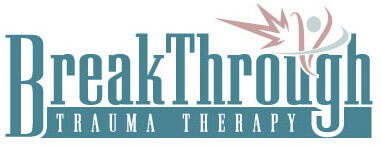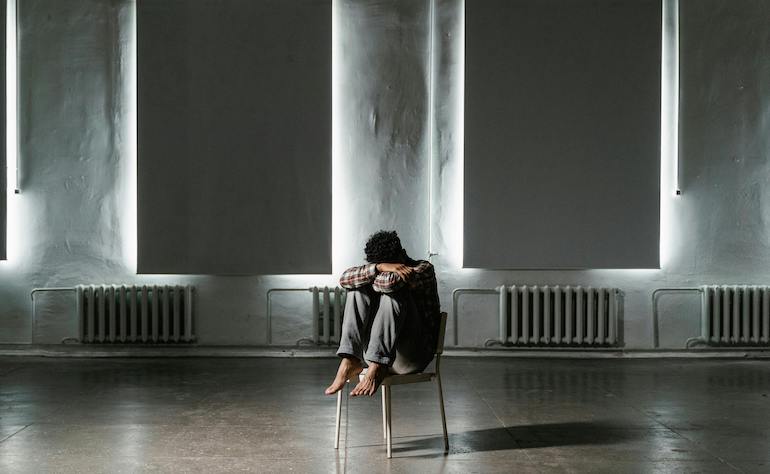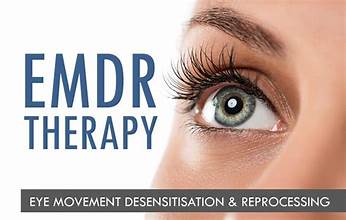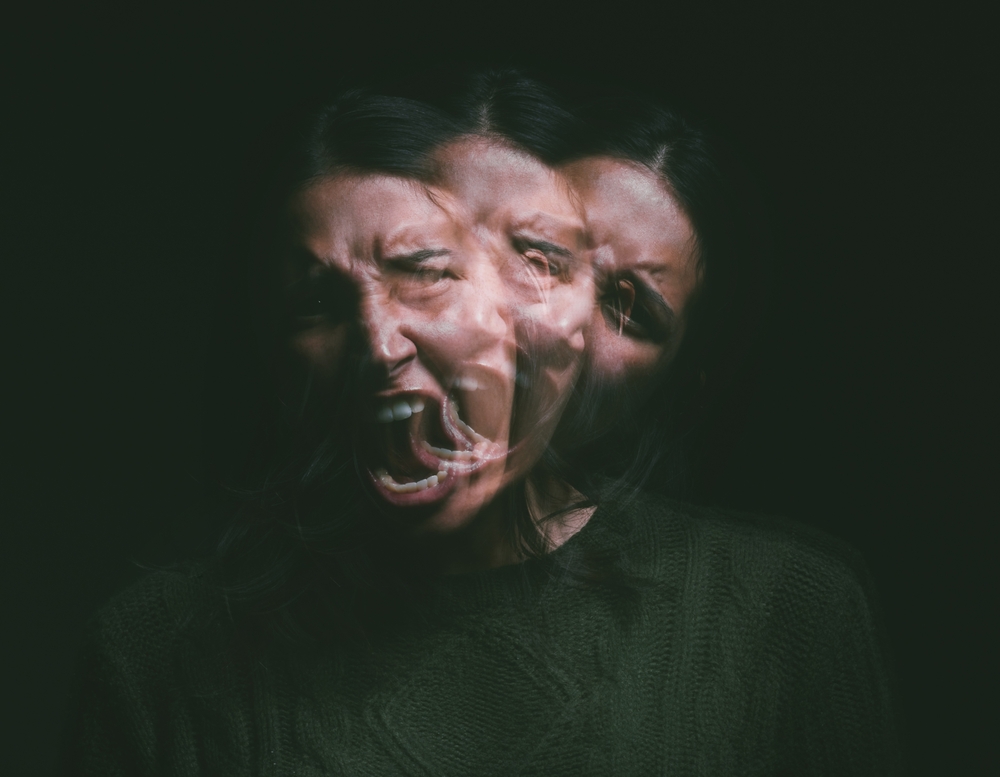Depression Therapy
Are You Feeling Overwhelmed?
- Do you feel hopeless and tired of trying?
- Does engaging in everyday tasks feel burdensome?
- Are you entertaining thoughts of self harm or feeling as if your desire to live is slipping away?
 Sometimes, despite your best effort, the harsh realities of life remain intact, negatively impacting your mood and ability to function. Although some people get through life challenges, not everybody can walk out of problems like a superhero. Courage does not always mean the absence of fear. It can leave even the best-prepared person emotionally exhausted, disheartened, and perplexed.
Sometimes, despite your best effort, the harsh realities of life remain intact, negatively impacting your mood and ability to function. Although some people get through life challenges, not everybody can walk out of problems like a superhero. Courage does not always mean the absence of fear. It can leave even the best-prepared person emotionally exhausted, disheartened, and perplexed.
Depression is a life-sucking disposition. It robs you of today’s and tomorrow’s joys and hopes. It also takes any incentive to want to do anything about the lingering blues. You feel persistent sadness that does not resolve for months, often paired with feelings of despair, helplessness, and a lack of interest in activities of daily living.
Aside from tiredness, sadness, and apathy, depression also triggers the rehashing of negative thoughts, which exacerbates other symptoms. It makes you more anxious, unsettled, and miserable. Time after time, you find yourself back in this dark hole with no hope, peace, or joy. Living becomes a burden.
If despite your best efforts, depression seems to mock your attempts to resolve your situation on your own, perhaps it is time to try depression therapy. Life has so much to offer, even amid internal and external difficulties. You can learn to hope again, cultivate joy, and find the motivation to keep going regardless of your life season.
Why Depression Counseling is Vital
Depression is not just mere sadness that fizzles out within days. The depressive mood cluster has several disorders. They include
- Major Depressive Disorder (MDD) – also known as clinical depression, is typically what people mean when they say they are depressed. The depressive symptoms range from mild to severe and persist for more than two weeks. According to the National Institute of Mental Health (NIMH), about 8.4% of adults in America have had one episode of MDD.
- Bipolar depression involves two distinct episodes: one characterized by depressive feelings and the other by manic states. The depressive episode is a low-energy period marked by persistent sadness and despair. Conversely, the manic phase involves heightened energy, increased activity levels, and elevated moods.
- Seasonal Affective Disorder (SAD) – gets triggered at the onset of a season and resolves when the period ends. It can advance into clinical depression without proper treatment. People experience SAD at the end of fall and throughout winter or as summer starts.
- Perinatal and postpartum depression – occurs during pregnancy and one year after pregnancy. Vulnerability increases if you have a history of depression, or genetically susceptible, or are exposed to harmful environmental factors like problematic pregnancy, financial constraints, or abuse.
- Dysthymia – is also known as Persistent Depressive Disorder (PDD). It is less intense than MDD but lasts for more than two years, with most days showing depressive mood symptoms.
- Psychotic depression – is MDD accompanied by delusions and hallucinations. You see, hear, feel, and touch illusions, and are accompanied by lingering sadness, despair, lack of interest, worry, and other depression symptoms.
- Premenstrual Dysphoric Disorder (PMDD) – is a form of depression that begins in days or weeks leading to the menstrual cycle.
Although there are varying forms of depression, symptoms of the depressive mood remain constant aside from the unique nature of the disorders. Similarities in symptoms include
- Persistent sadness that lasts for several months to years, accompanied by despair, helplessness, and negative thinking
- A lack of interest in activities of daily living
- Low energy and extreme tiredness that does not resolve with rest
- Insomnia or hypersomnia despite having a full night’s sleep
- Low self-esteem and self-worth
- Poor concentration
- Suicidal ideation and attempts
Regardless of your symptom severity or depression type, depression therapy can help you manage this debilitating mental illness.
Depression Treatment Options Available
Treatment for depression often responds the best with both psychotherapy and medication. Sometimes, one-on-one talk therapy is enough, while other times, the depression counseling requires a combination of interventions. Your clinical depression therapist will work with you to decide which form of therapy is effective for your condition.
Cognitive Behavioral Therapy (CBT)
 One effective psychotherapy for depression is cognitive behavioral therapy (CBT). It focuses on modifying mood and thought patterns and the accompanying behaviors. Through this therapy, you will understand your depression and how your thoughts, emotions, and behavior fuel the condition.
One effective psychotherapy for depression is cognitive behavioral therapy (CBT). It focuses on modifying mood and thought patterns and the accompanying behaviors. Through this therapy, you will understand your depression and how your thoughts, emotions, and behavior fuel the condition.
Your depression therapist guides the sessions to increase your awareness of maladaptive habits. They show you the impact of how thoughts’ influence emotions and behaviors. One of our depression therapists will teach you techniques and skills to counter negative thinking. We also teach you adaptive habits to counter depressive symptoms without damaging your mental and physical health. You learn valuable life skills for stress management and an improved life outlook in this form of depression counseling.
CBT is an effective form of depression therapy. It can treat mild to severe clinical depression, perinatal and postpartum depression, depressive psychosis, and seasonal affective disorder treatment. Your clinical depression specialist can use a combination of antidepressants and CBT to treat moderate to severe MDD. The medication improves your response to treatment. For psychotic depression, the depression therapist uses antidepressants and antipsychotic medicines to treat psychosis.
Interpersonal Therapy
Your depression counselor can opt for interpersonal therapy to address issues relating to your relationships. The depression treatment is effective for depressive mood disorders triggered by your associations. For instance, when a loved one is the source of your depression, Interpersonal Therapy gets used with antidepressants to improve your response to counseling.
Therapy takes the form of communication, where you talk through your relationship problems. The intervention aims to improve your communication skills, develop realistic expectations, and cultivate support networks. It treats prenatal and postpartum depression, MDD, dysthymic disorder, and bipolar depression.
Forms of Depression Counseling
- One-on-one counseling – is between you and the depression counselor. It can occur at the therapist’s office or online.
- Group therapy for depression – is between a clinical depression specialist and a couple of people with the same condition. It helps with support and accountability, fosters healing, gives practical examples for problem-solving, and encourages introspection.
- Family therapy – is essential for depression triggered by personal relationships. It is group counseling for depression with family members.
Your depression therapist decides if you need both one-on-one therapy and group counseling. They base such decisions depending on your case. Whatever your counselor chooses is best for your condition. The counselor makes modifications when the illness becomes unresponsive to medication or therapy.
For instance, when major depression is unresponsive, your depression counselor may recommend switching medication to another option.
In Case You Still Have Questions
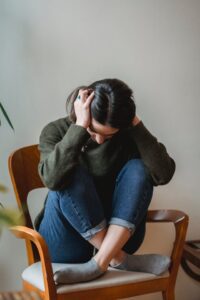 Are there ways to manage depression at home?
Are there ways to manage depression at home?
Your depression counselor will recommend practicing techniques and behaviors taught in therapy at home because that is the essence of counseling. You can also embrace mindfulness, meditation, music therapy, and self-care to hence calmness. Your support system is also vital to improving your mood, so part of therapy will be working on building positive relationships which release feel-good hormones, inhibiting depressive moods and reducing the severity of symptoms.
While you can manage the condition, it is crucial to get treatment for depression because the disorder is too complex to resolve using DIY solutions. Depression therapy is comprehensive and capable of tackling intricate issues.
What is treatment-resistant depression?
Sometimes the depressive mood fails to resolve with multiple rounds of therapy and medication. The clinical type of this depression is treatment-resistant depression. Several alternatives are available for people with unresponsive depression, and the success rate is high. They include using potent medicines or stimulating the brain with electromagnetic energy. Patients end up having long symptom-free periods spanning years after each treatment round.
What is the best method to treat depression?
Depression psychotherapy and medication are effective interventions against this mood disorder. Although your physician can prescribe antidepressants alone, therapy is equally significant for better and long-term results. Medication balances your brain chemicals, which is often in disarray because of the depressive mood. The improved brain state makes it easy to learn, understand, and use skills or techniques from talk therapy.
Your counseling psychologist also provides guidance, support, and accountability. They enlighten you with the knowledge that encourages introspection and, eventually, self-actualization. Knowing yourself is essential in building resilience and the mental strength to overcome mood disorders.
Begin Your Depression-Free Journey Today
Let our compassionate clinical depression specialist at Breakthrough use their expertise, experience, and resources to guide, counsel, and support you in your journey to improved mental health.
It is not necessary to bear the weight of depression alone. There are specialists at your disposal to help you through the process. You have come such a long way. Get in touch with one of our therapists at Breakthrough Trauma Therapy today.
